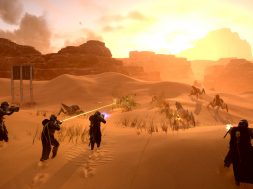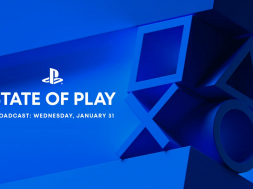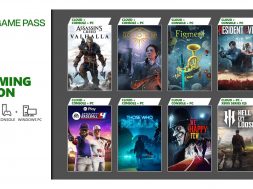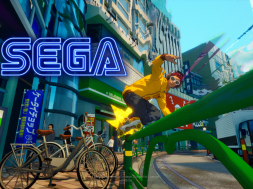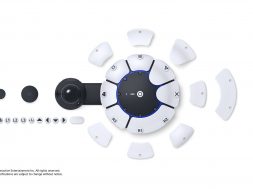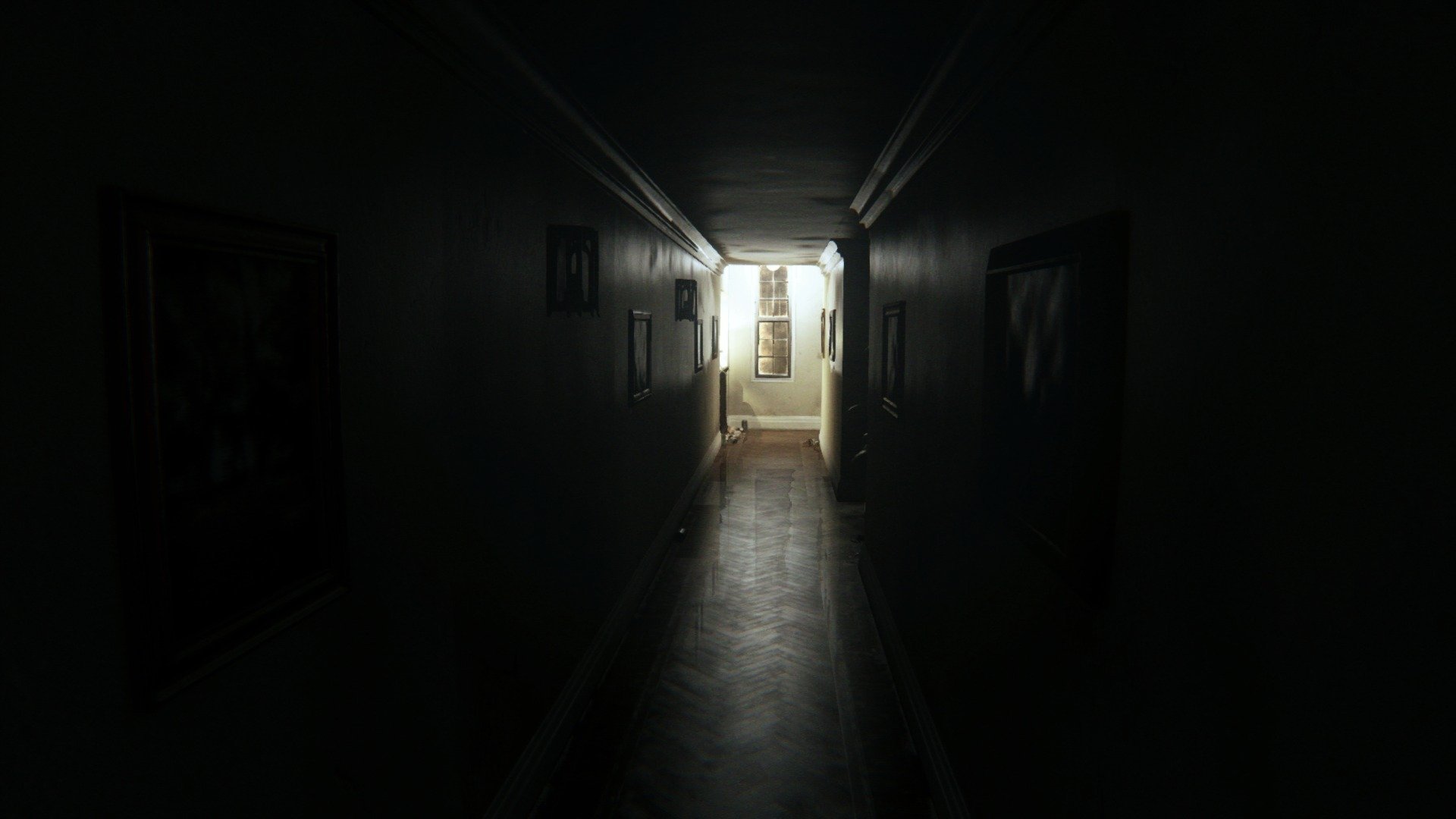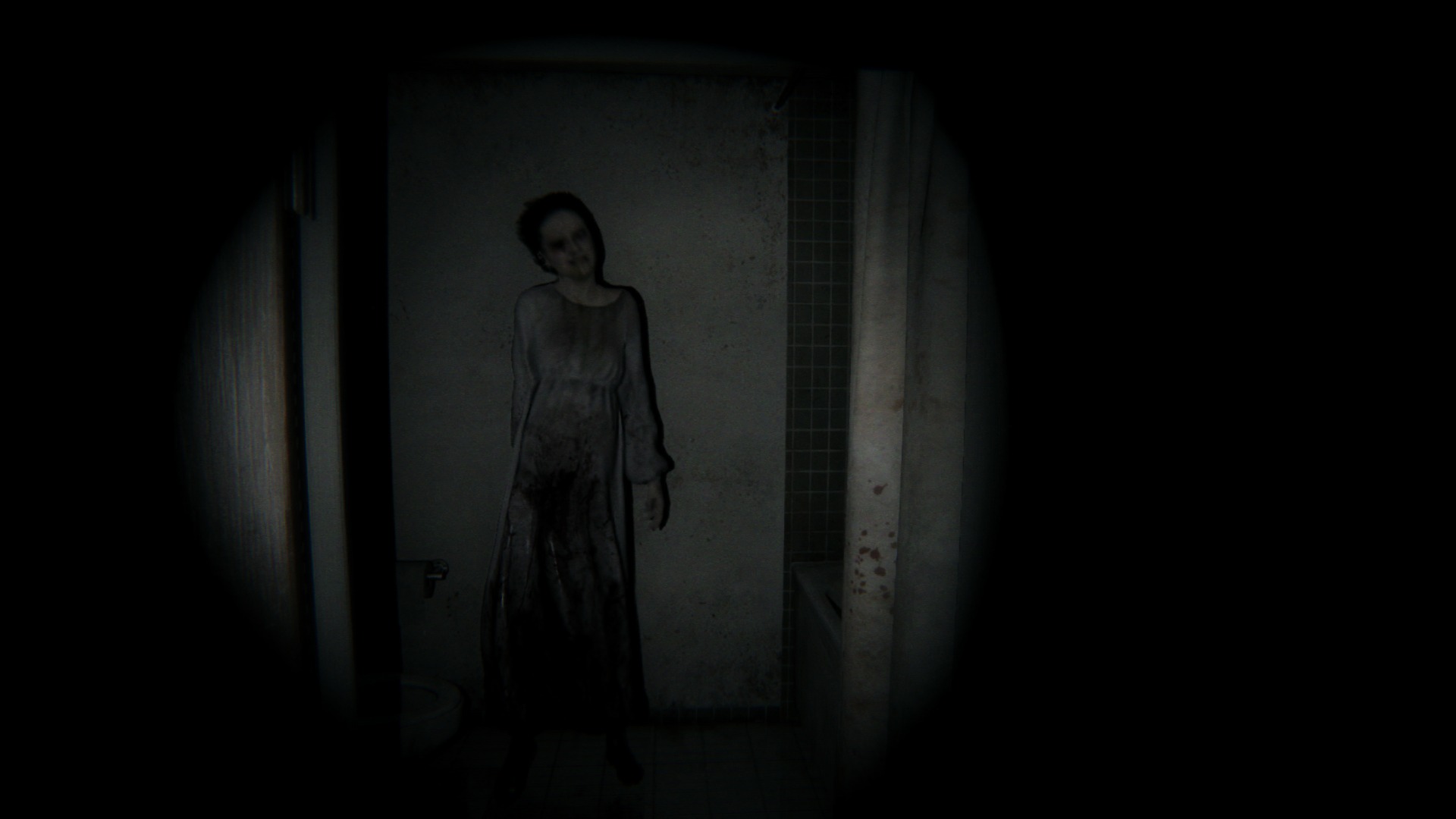
There’s been a gentle sigh of remorse passing over the internet ever since Silent Hills was cancelled as, not only did it mean that what was going to be has become what could’ve been, but it has also heralded Konami’s removal of P.T.. Not only was P.T. removed, but it has been erased from the store entirely; if you wanted to play it but hadn’t already downloaded it to your console and kept it there, then tough luck. Even those who had downloaded it once but deleted it can no longer access it. A troubling, cacophonous piece of macabre gaming, P.T. was the brainchild of one Hideo Kojima, the creator and head honcho behind the Metal Gear Solid series. In recent weeks, it’s come to light that Kojima and Konami have parted ways, so Konami have made it their mission to erase any sign of Hideo‘s upcoming projects with the company, excluding the upcoming Metal Gear Solid V. The erasure of P.T. is more than just an indicator of the very frail relationship that can 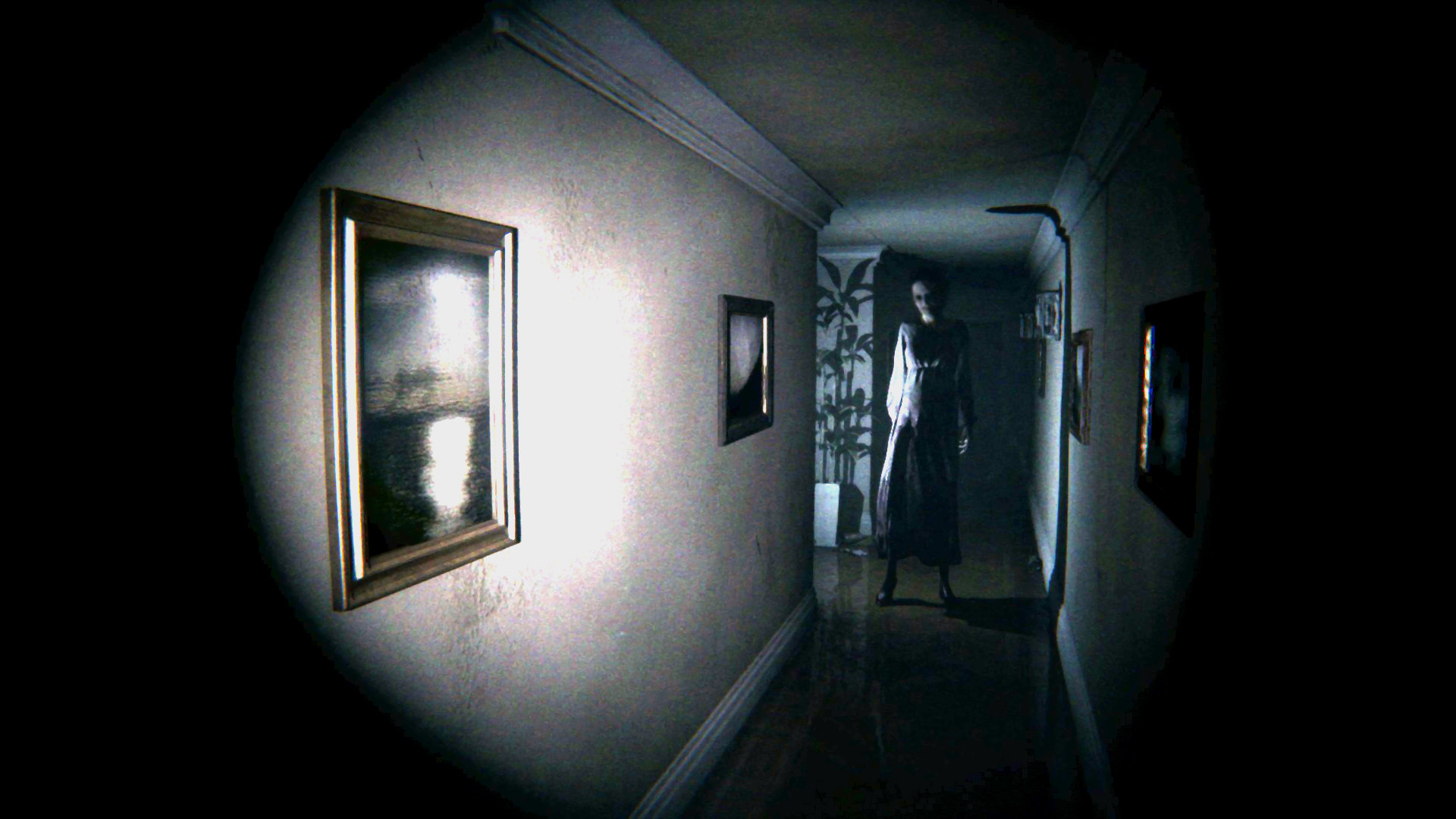 exist between creator and publisher in the gaming world, though; it’s a worrying omen for where the gaming marketplace might be heading in years to come.
exist between creator and publisher in the gaming world, though; it’s a worrying omen for where the gaming marketplace might be heading in years to come.
Over the last generation, the indie games scene has exploded as a direct knock-on effect of downloadable content becoming so popular. Smaller, more niche titles could find an audience amongst the droves of console owners – suddenly games developers weren’t relegated to pitching to bigger publishers; they could do it all themselves and hope their creation could swim to the surface and find a fanbase. Some of the most diverse, creative and downright stunning games of, well, ever, ended up being bred because of this; Journey, Flower, Fez, DeathSpank, Super Meat Boy, Hotline Miami amongst scores of others all came from small teams of dedicated developers. They were then able to sculpt their vision without the hindrance of a huge budget to be recouped or a large set of PR agents demanding certain aspects of saleability to be included. This new indie scene was, and 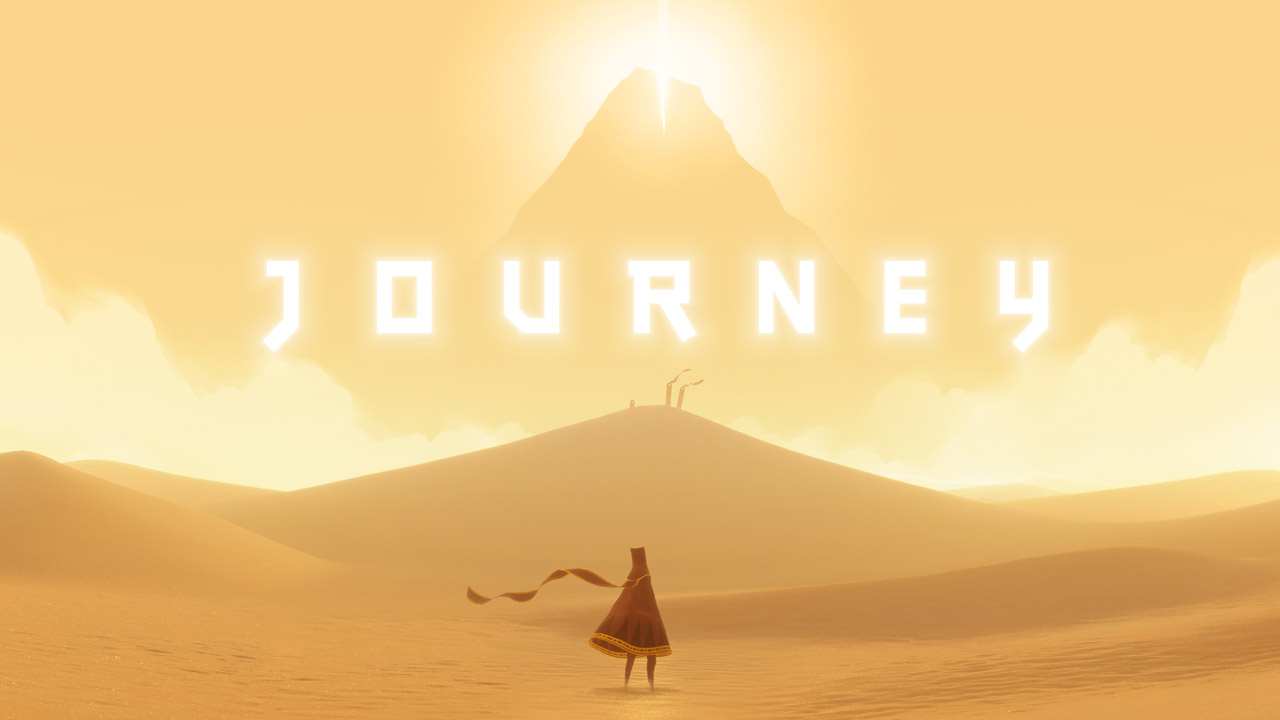 remains, something to be celebrated, as continually some of the most innovative and entertaining experiences are to be found in the depths of the Xbox Live Arcade and Playstation Store.
remains, something to be celebrated, as continually some of the most innovative and entertaining experiences are to be found in the depths of the Xbox Live Arcade and Playstation Store.
But now we’re left with something of a predicament for all these digital-only games: where do they go when their platform is irrelevant? How do we catalog them for future games enthusiasts, designers and collectors to enjoy and explore? The archival and preservation of video games is something that is slowly starting to gain traction, with places like The Made making sure that games of all kinds and ages are being saved and shown off for future reference. Video games are art; they don’t need to prove that any more, but they do need to prove they’re worth saving in the same way other media like films and books are amongst the preserved in media museums. Having some of the most influential, memorable and, let’s face it, life-affirming experiences associated with the medium as ethereal chunks of data doesn’t help that venture. Especially not as the ESA, which is funded by major publishers, still views altering any object associated with a game that has been abandoned by its original keepers by the side of the road as ‘hacking’. This means that official archiving is illegal for many games, such as out-of-date MMOs or unfinished projects that only exist on memory keys and puts anyone attempting it at even more risk.
Therein lies the void which claimed P.T.‘s soul – a digital marketplace allows publishers even more control over their products than before which includes, if they see fit, sudden and full removal of a product from the shelves with a click of a button. P.T. is an extreme example of the kind of grip publishers want to have over what and how players consume their products. Re-releasing games that are only a year or two old is now commonplace, and the always-online gambit has been employed on more than one occasion. Pushing the audience more and more into buying any and all games they play digitally can only accentuate that control. With games going all digital, publishers can initiate further regulation over which games an audience has access to, and how much those games are. Obviously, shifts in audience will mean the price can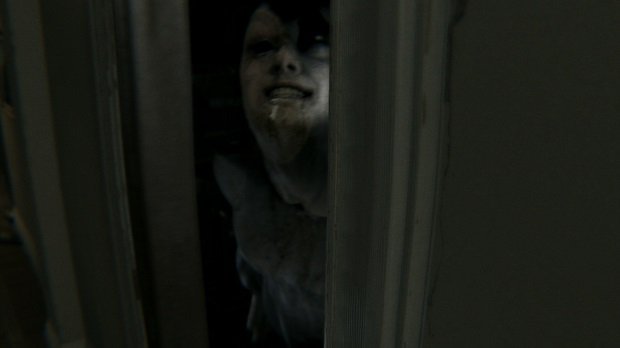 only go so high, but browsing and discovering hidden gems will be a thing of the past, as the only games available will be the ones proprietors deem worthy of your time, instead of the other way around.
only go so high, but browsing and discovering hidden gems will be a thing of the past, as the only games available will be the ones proprietors deem worthy of your time, instead of the other way around.
Konami are fully within their right to remove P.T., as is any publisher of any property from the marketplace. It’s a free market. In a digital market, however, that removal doesn’t suddenly make copies of that game rarer – though, for a brief window, it did that anyway – it runs dangerously close to erasing the game entirely, making it only accessible via video footage and the editorial of the time. P.T. was an artistic expanse that made rare use of every feasible asset to its advantage. The last puzzle is an intricate web of game design that needs to be seen to be believed (seriously). Right now, that is the only option for most players, and that just sucks.
If you have P.T. on your Playstation 4, please, don’t ever delete it. It might one day be the only copy left.

